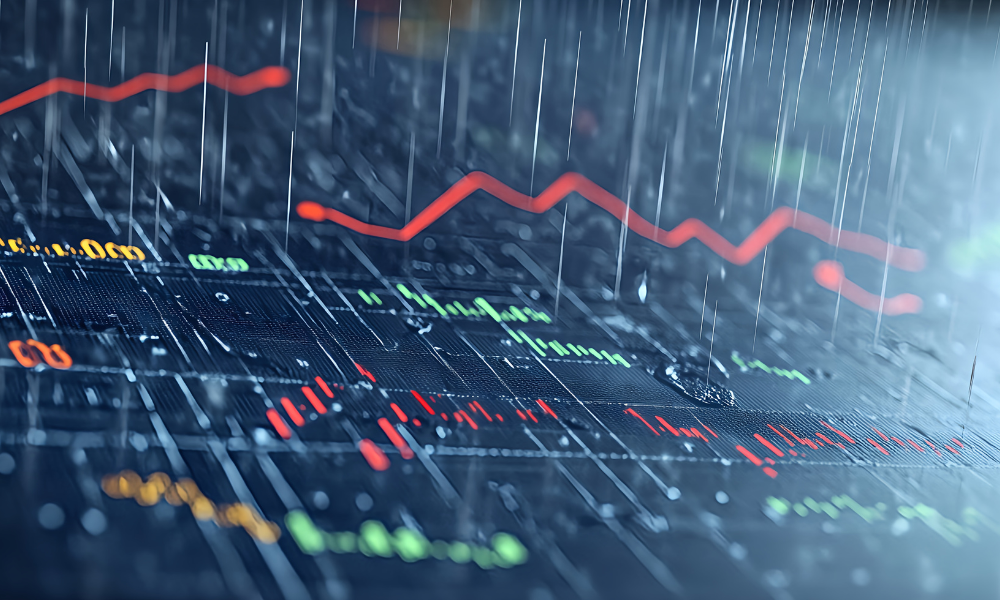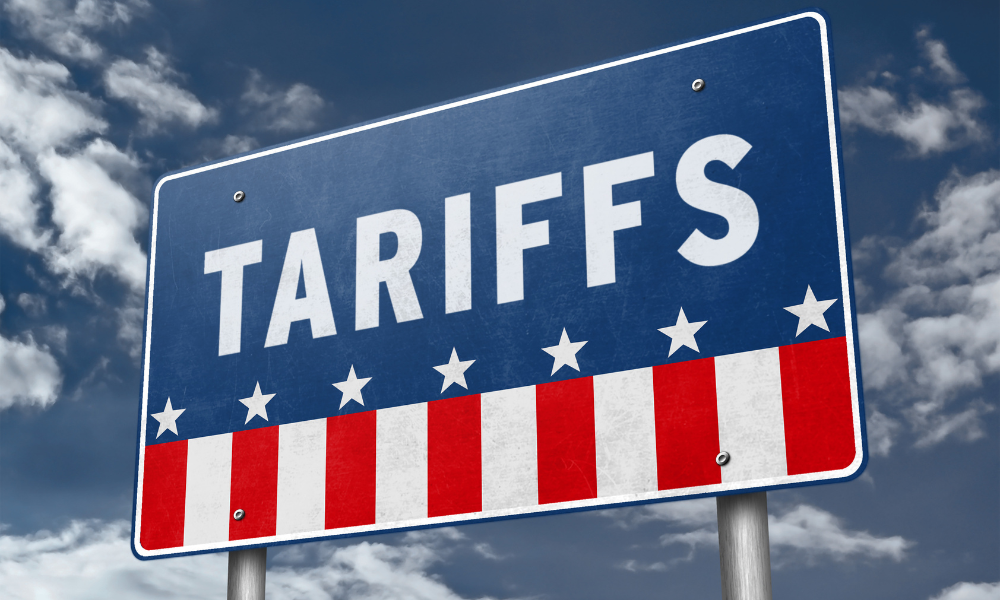The S&P 500 closed at 6,129.58 after a last-minute surge, while market sentiment turned more cautious

On Tuesday, the stock market demonstrated resilience, with the S&P 500 closing at a record high, as investors navigated global trade tensions and inflation concerns, according to CNBC.
The broad market index gained 0.24 percent, ending at 6,129.58, after briefly touching an intraday peak of 6,129.63.
The Nasdaq Composite edged up 0.07 percent to 20,041.26, while the Dow Jones Industrial Average added 10 points, or 0.02 percent, to finish at 44,556.34.
Energy stocks led the S&P 500's performance, rising 1.9 percent, with Halliburton and Valero Energy among the top gainers. The technology sector also experienced modest gains.
However, declines of approximately 1 percent in consumer discretionary and 1.2 percent in communication services sectors weighed on the broader market. Notably, Meta Platforms saw a 2.7 percent drop, ending a 20-day winning streak.
“Overall, the market is still trying to break out of the consolidation it’s been in since early December,” said Chris Larkin, managing director of trading and investing at E-Trade from Morgan Stanley.
“This week kicks off the retail portion of earnings season, but news out of Washington, especially on the tariff front, could continue to be a wild card for the markets.”
The positive momentum follows a winning week for major US averages. The Dow gained approximately 0.6 percent, the S&P 500 advanced 1.5 percent, and the Nasdaq rose 2.6 percent.
Much of last week's gains occurred after US President Donald Trump proposed reciprocal tariffs on countries that impose levies on US goods, alleviating investor concerns over potential stringent trade measures.
Despite the market's upward trajectory, investor sentiment has turned increasingly pessimistic.
According to the Wall Street Journal, a survey by the American Association of Individual Investors revealed that 47.3 percent of investors expect stock prices to decline over the next six months, the highest level of bearish sentiment since 2023.
Factors contributing to this outlook include trade-war threats, regulatory uncertainty, persistent inflation, and diminishing prospects for further interest-rate cuts.
In the bond market, as reported by Market Watch, defense contractor stocks have faced declines following Trump's proposal to cut defense spending by half, aiming to discuss this with Russia and China.
Despite the stock downturn, bonds from these defense companies are performing well, attracting investor interest due to tight spreads and yields over 5 percent.



